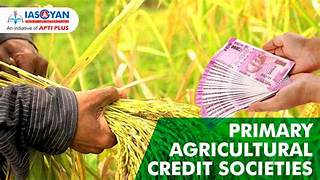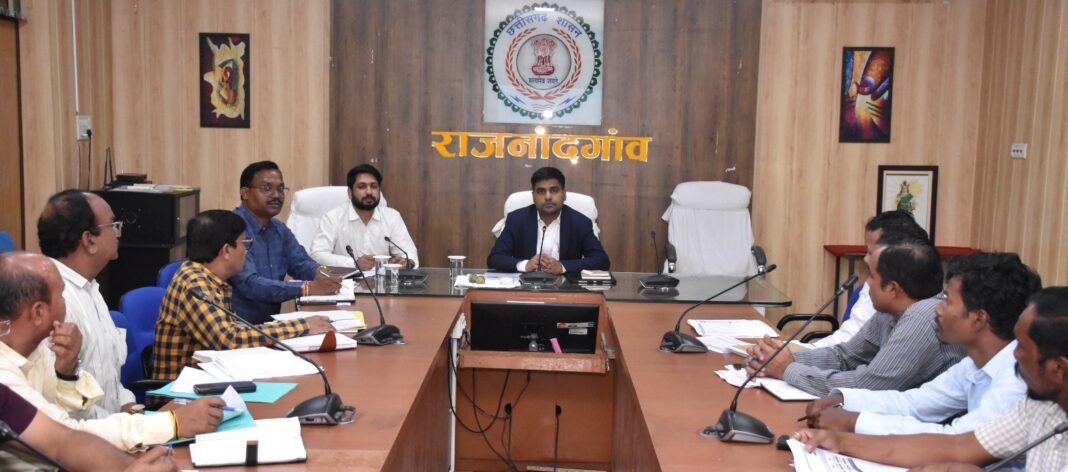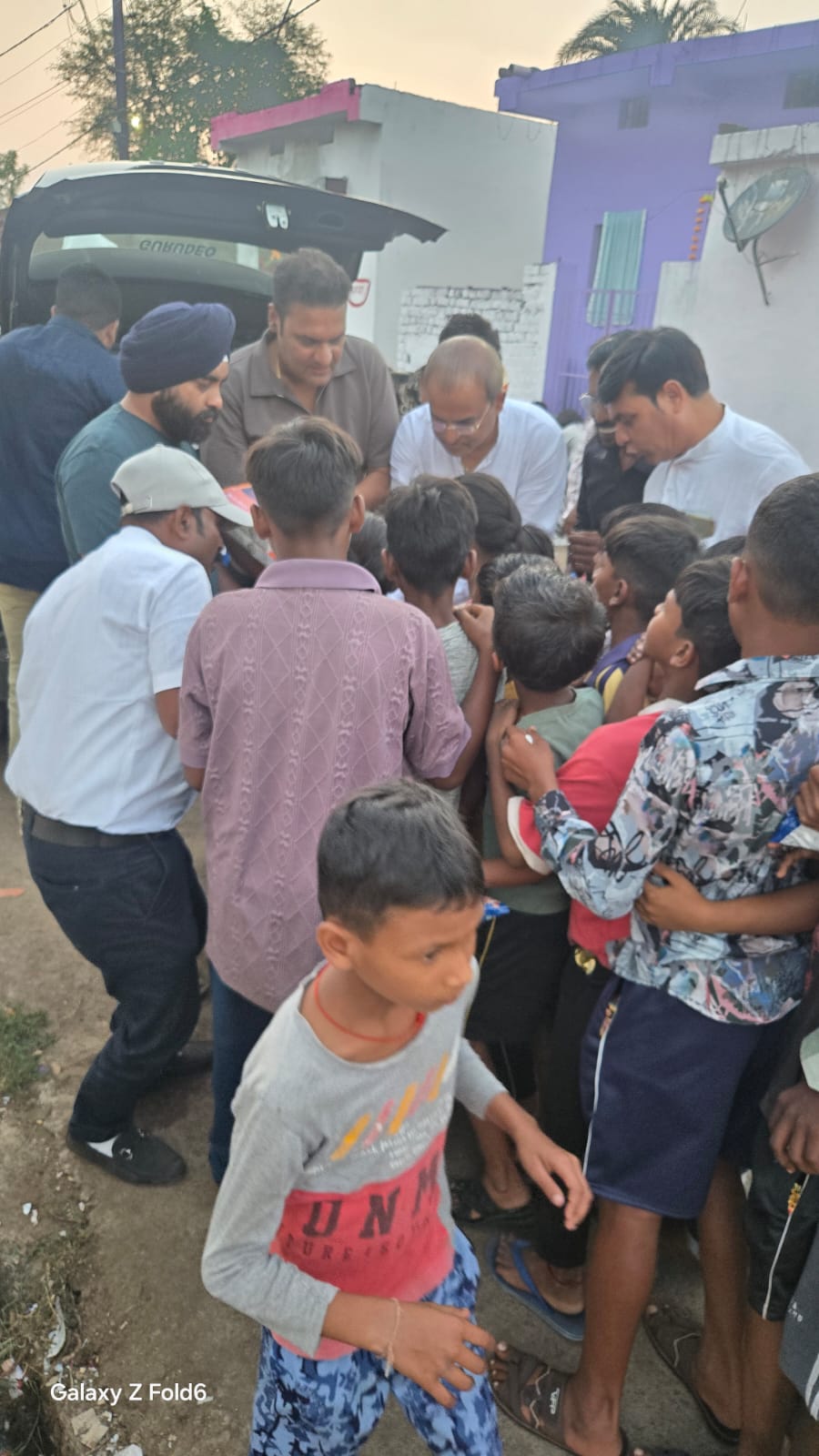Number of societies rises from 222 to 358 across four districts under Rajnandgaon Central Cooperative Bank
Published on: October 24, 2025
By: BTNI
Location: Rajnandgaon, India
In a significant move aimed at strengthening the rural credit infrastructure, the Primary Agricultural Credit Societies (PACS) under the District Cooperative Central Bank Limited, Rajnandgaon, have undergone a major reorganization under the PACS Reorganization Plan 2025.
A total of 136 new cooperative societies have been formed within the bank’s operational jurisdiction. The new distribution includes 43 societies in Rajnandgaon, 26 in Khairagarh–Chhuikhadan–Gandai, 19 in Mohla–Manpur–Ambagarh Chowki, and 48 in Kabirdham district. Consequently, the total number of societies under the bank’s purview has now risen from 222 to 358.
Originally established within the undivided Rajnandgaon district, the cooperative bank’s functional area has now expanded across four districts — Rajnandgaon, Khairagarh–Chhuikhadan–Gandai, Mohla–Manpur–Ambagarh Chowki, and Kabirdham — following successive administrative reorganizations.
Also read- https://www.btnewsindia.com/collector-and-sp-chair-district-road-safety-committee-meeting-in-rajnandgaon/ https://www.btnewsindia.com/collector-jitendra-yadav-stresses-visible-ground-level-impact-of-government-schemes-in-rajnandgaon/
Officials noted that this expansion will bring greater accessibility and convenience for farmers seeking short-term agricultural loans, cash advances, seeds, and fertilizers. Additionally, the increased number of PACS will reduce the distance between farmers and paddy procurement centers, saving them time, labor, and transportation costs.
All the newly constituted societies were formally registered on October 17, 2025, by the Cooperation Department, officially bringing them into operation.
The move has been widely welcomed among farmers and rural communities. Meanwhile, some administrative changes are also being introduced for this year’s paddy procurement process, with monitoring expected to be conducted directly through district collectors and nodal officers to ensure greater transparency and efficiency.




